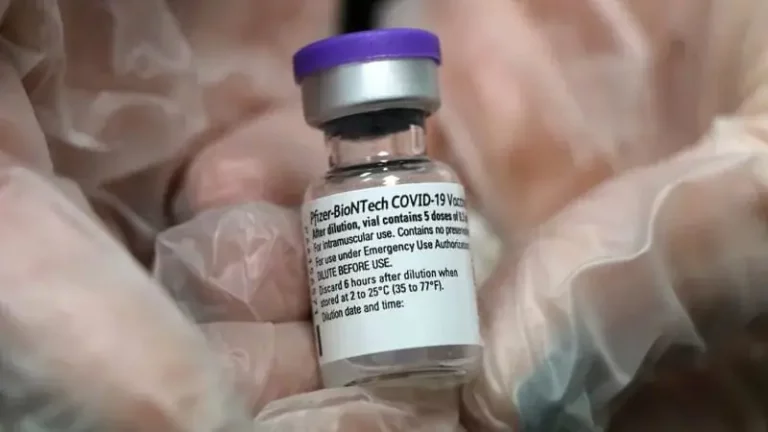Updated task force guidelines do not recommend daily aspirin for heart health for most adults
The US Preventive Service Task Force has finalized its latest recommendations on low-dose aspirin regimens and now says people over the age of 60 should not start taking daily aspirin for the primary prevention of heart problems, in most of the cases. If you’re between the ages of 40 and 59, the USPSTF leaves it…










